Can you use 広げる, 広がる, 広める, and 広まる correctly? The key is understanding the difference between transitive and intransitive verbs, and whether the context is physical or abstract.
広げる (hirogeru) – to spread, to open out (Transitive)
広げる is a transitive verb, meaning it requires a direct object. It is used when someone intentionally spreads or opens something physically or metaphorically.
Examples
地図を広げて場所を確認した。
/chizu o hirogete basho o kakunin shita./
I spread out the map to check the location.
その父親は腕を広げて子どもを抱きしめた。
/sono chichioya wa ude o hirogete kodomo o dakishimeta./
The father opened his arms and hugged the child.
海外に事業を広げる計画があります。
/kaigai ni jigyoo o hirogeru keekaku ga arimasu./
There is a plan to expand the business overseas.
広がる (hirogaru) – to spread out, to extend (Intransitive)
広がる is an intransitive verb. It describes something naturally spreading or expanding, without direct influence from an external agent.
Examples
火事は風にあおられてどんどん広がった。
/kaji wa kaze ni aorarete dondon hirogatta./
The fire spread rapidly, fanned by the wind.
青空が広がっている。
/aozora ga hirogatte iru./
The sky is clear and blue.
この考え方はいま社会全体に広がっている。
/kono kangae kata wa ima shakai zentai ni hirogatte iru./
This way of thinking is spreading throughout society.
広める (hiromeru) – to spread (ideas, culture, influence, etc.) (Transitive)
Like 広げる, 広める is transitive. It’s typically used in an abstract or informational context—spreading culture, information, or beliefs.
Examples
日本のアニメ文化を自分の国に広めたいんです。
/nihon no anime bunka o jibun no kuni ni hirometai n desu./
I want to spread Japanese anime culture in my country.
健康の大切さを広める活動をしています。
/kenkoo no taisetsusa o hiromeru undoo o shite imasu./
I’m involved in activities that promote the importance of health.
この新しい言葉を若者の間で広めたのは10代のインフルエンサーだ。
/kono atarashii kotoba o wakamono no aida de hirometa no wa juudai no infuruensaa da./
It was a young influencer that spread this new word among young people.
広まる (hiromaru) – to become widespread (Intransitive)
広まる is the intransitive counterpart to 広める. It refers to something becoming widespread or popular on its own—again, usually in an abstract sense.
Examples
その噂はすぐに社内に広まった。
/sono uwasa wa sugu ni shanai ni hiromatta./
The rumour spread quickly around the office.
仏教は長い年月をかけて日本に広まった。
/bukkyou wa nagai nengetsu o kakete nihon ni hiromatta./
Buddhism gradually spread throughout Japan over many years.
このアプリがいま日本語学習者の間で広まっている。
/kono apuri ga ima nihongo gakushuusha no aida de hiromatte iru./
This app is becoming popular among Japanese learners.
Summary
| Verb | Transitive/Intransitive | Meaning | Typical Usage |
|---|---|---|---|
| 広げる | Transitive | To physically or metaphorically spread/open something | Maps, arms, businesses |
| 広がる | Intransitive | Something naturally spreads or expands | Fire, sky, ideas |
| 広める | Transitive | To spread information, culture, etc. | Culture, awareness |
| 広まる | Intransitive | Something becomes widespread or popular | Rumours, religion, trends |
Your Turn!
Why not try making your own sentences using these verbs and share them in the comments? I would love to see what you come up with!




コメント